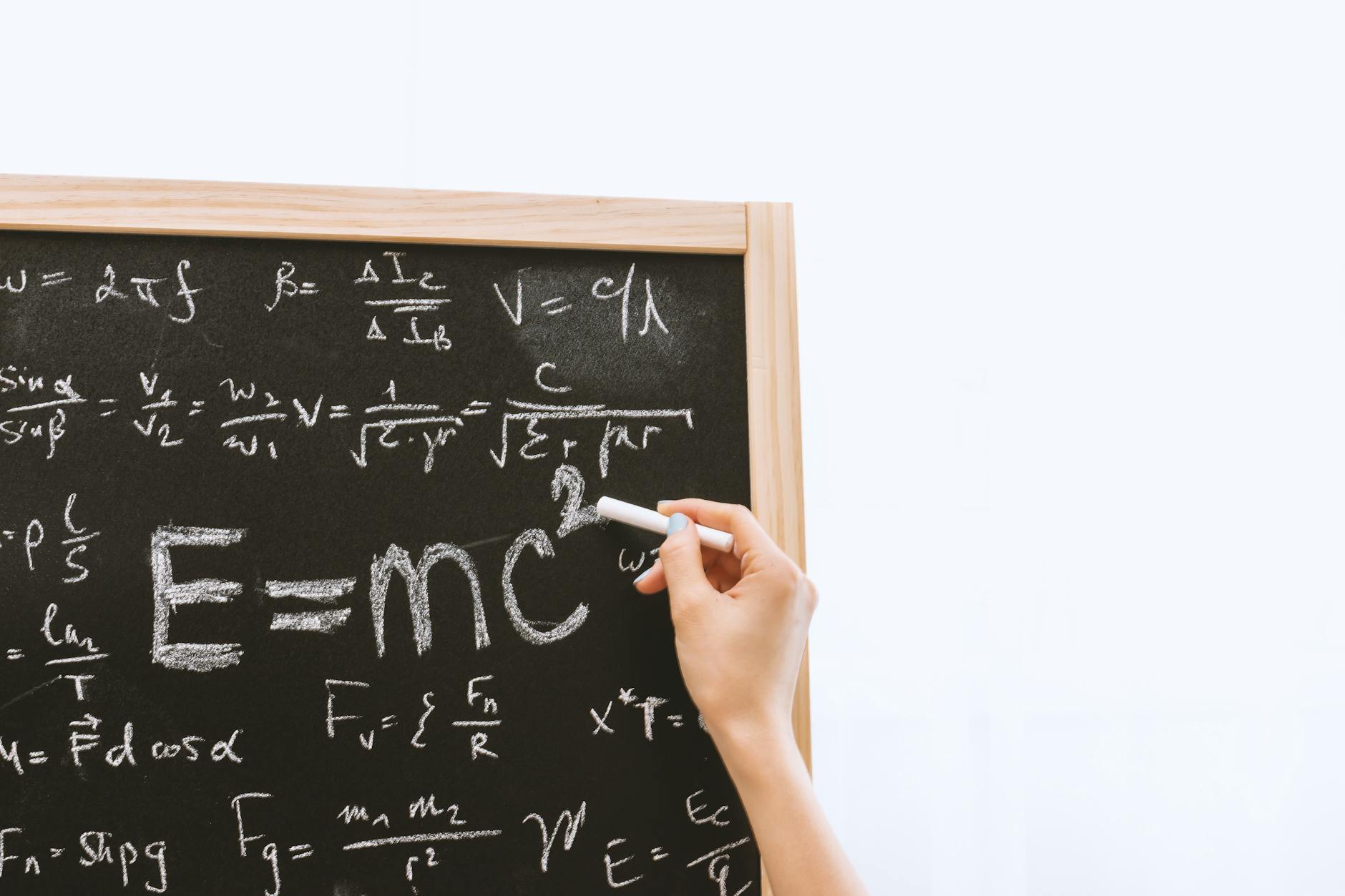Photo by JESHOOTS.com on Pexels
DARPA’s expMath program is pushing the boundaries of artificial intelligence, seeking to transform mathematical discovery through AI co-authors and problem-solving tools. While AI excels at high school-level mathematics, the real challenge lies in its ability to tackle the complex, unsolved problems that define mathematicians’ careers.
Recent progress in large reasoning models (LRMs) and hybrid approaches, such as Google DeepMind’s AlphaProof, offers a glimpse of potential. AlphaProof demonstrated performance comparable to an International Math Olympiad silver medalist, and AlphaEvolve has uncovered improved solutions for existing mathematical puzzles. However, success in competitions doesn’t necessarily translate to research-level exploration, which demands more than just algorithmic cleverness.
To assess AI’s true capabilities, the FrontierMath test has been introduced. This benchmark presents novel math problems designed to challenge even expert mathematicians. Early results indicate a significant performance gap between AI’s performance on standardized tests like AIME and its ability to handle the complexities of FrontierMath.
A key obstacle is managing the sheer number of steps required to solve intricate problems. Researchers are exploring techniques to condense solution pathways by combining multiple moves into ‘supermoves,’ inspired by DeepMind’s AlphaZero. This approach has already yielded promising results, as demonstrated by Gukov and his team’s breakthrough on the 60-year-old Andrews-Curtis conjecture, disproving a counterexample proposed four decades ago.
Tools like AlphaEvolve and Meta’s PatternBoost are emerging as valuable aids for mathematicians, facilitating exploration and brainstorming. PatternBoost, for example, generates related ideas from a given concept, accelerating the discovery process. Nevertheless, AI currently struggles with the intuition and creative insight necessary for groundbreaking discoveries. As noted in a MIT Technology Review article, true breakthroughs often stem from novel perspectives and ways of thinking. While AI can serve as a powerful assistant and explore uncharted territories, the most profound mathematical advancements are likely to continue to originate from human ingenuity, at least for the foreseeable future.
